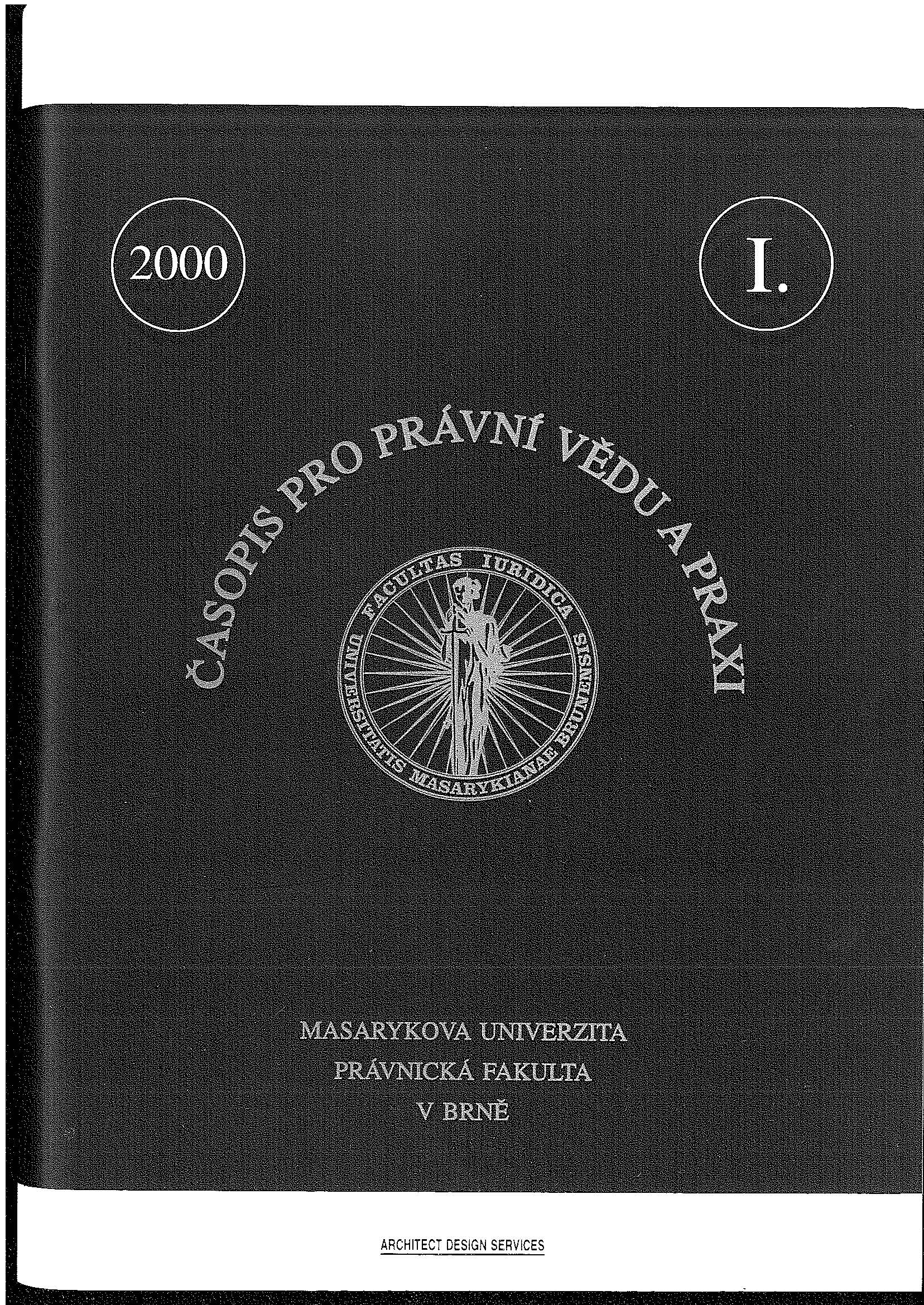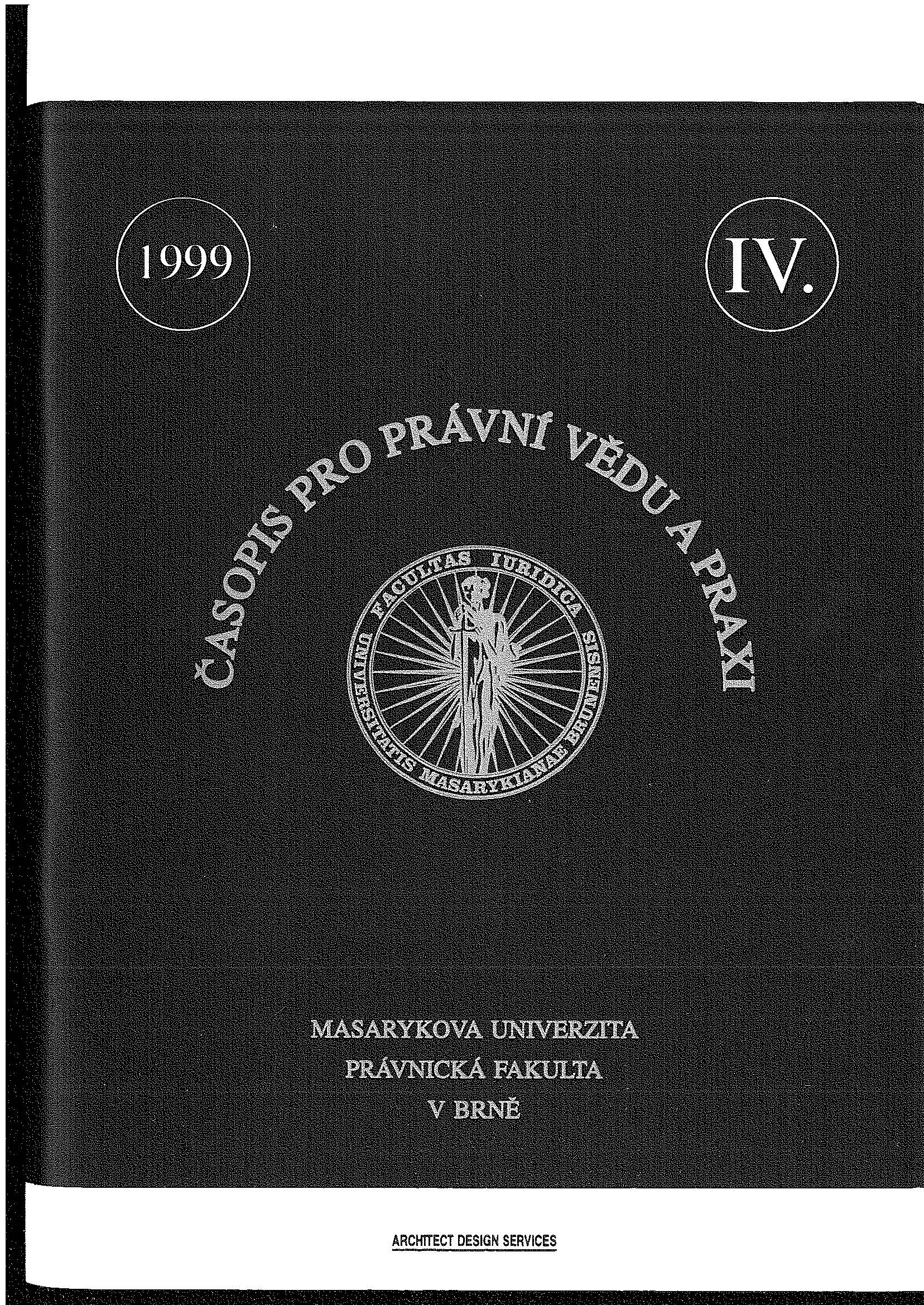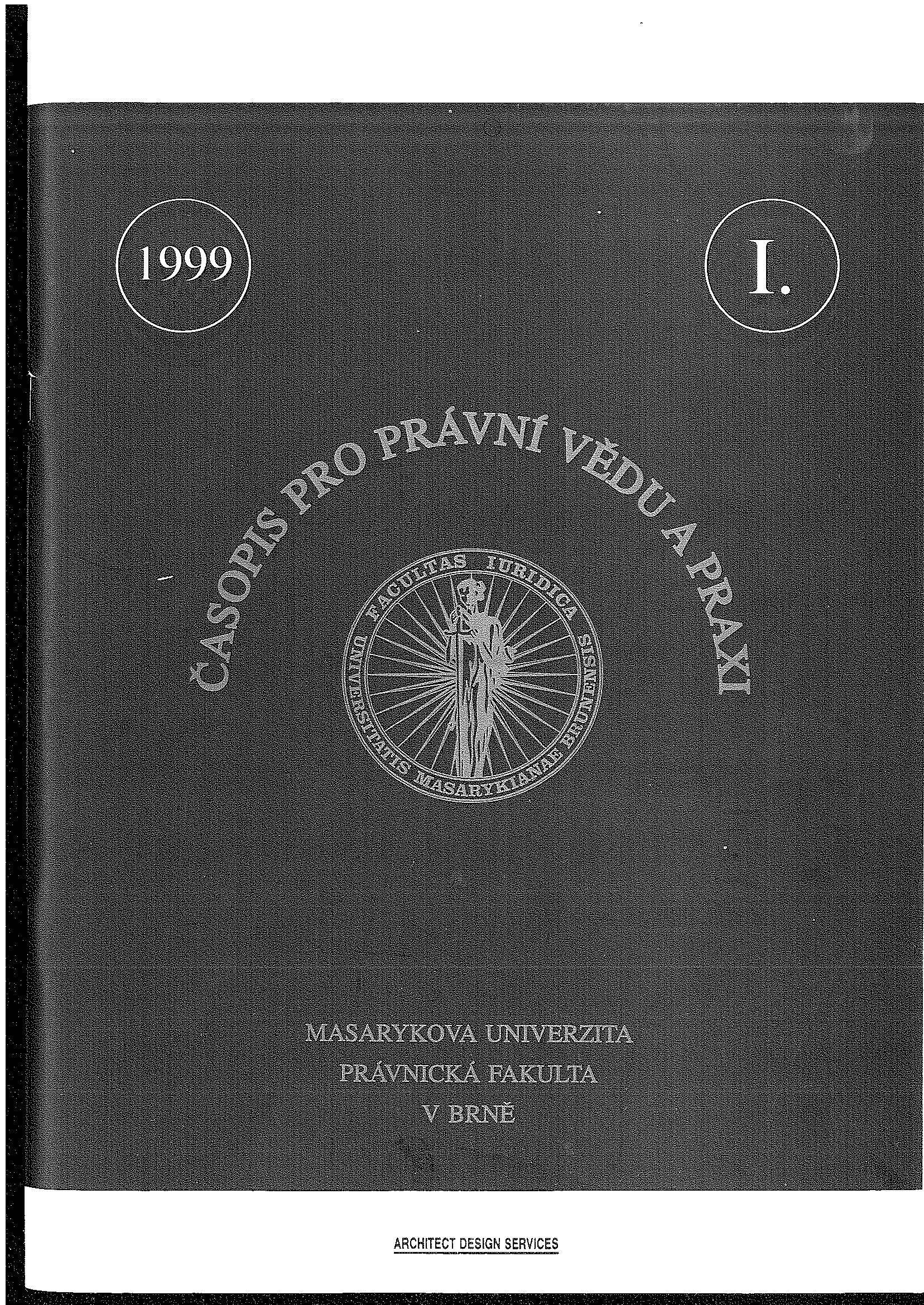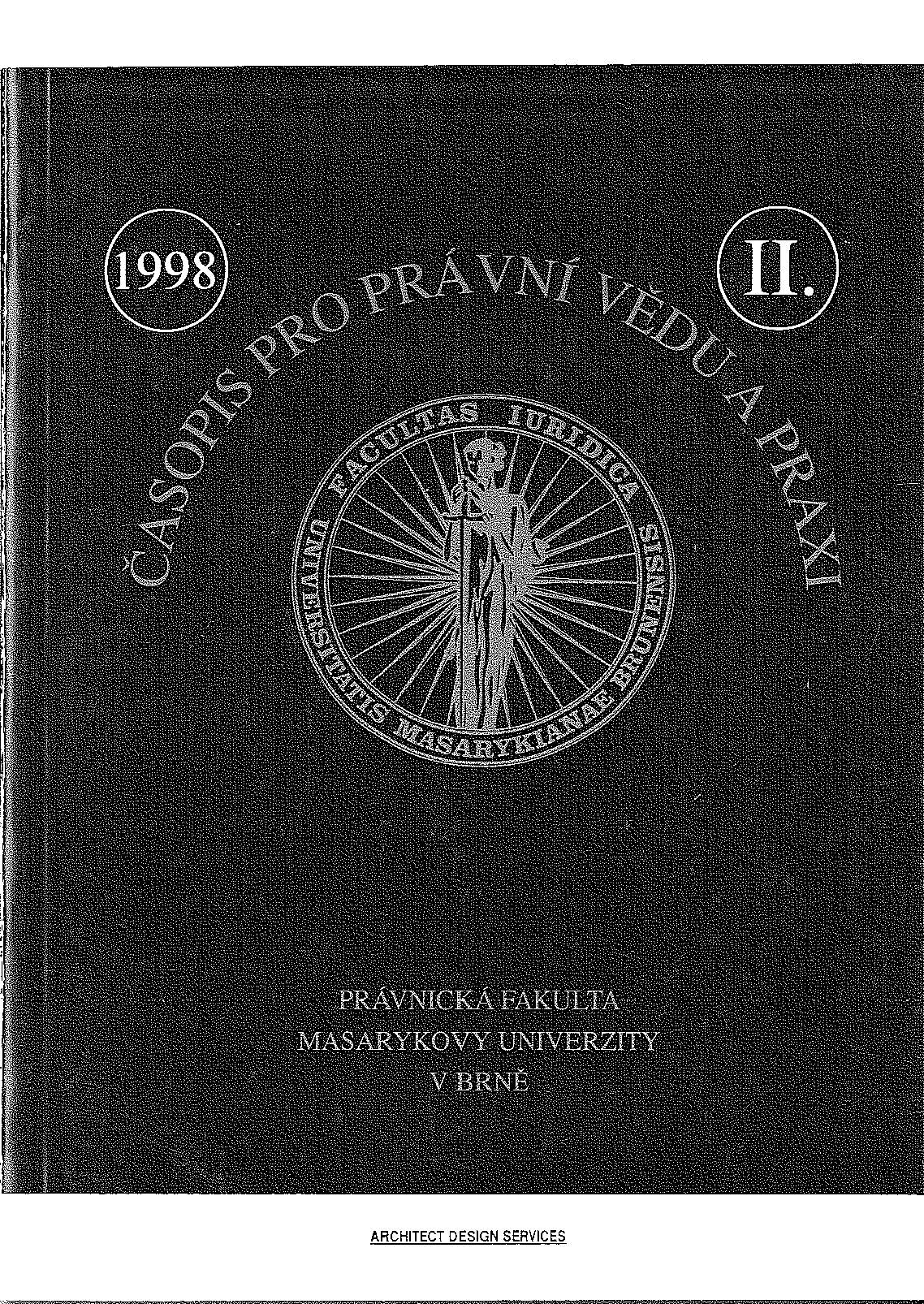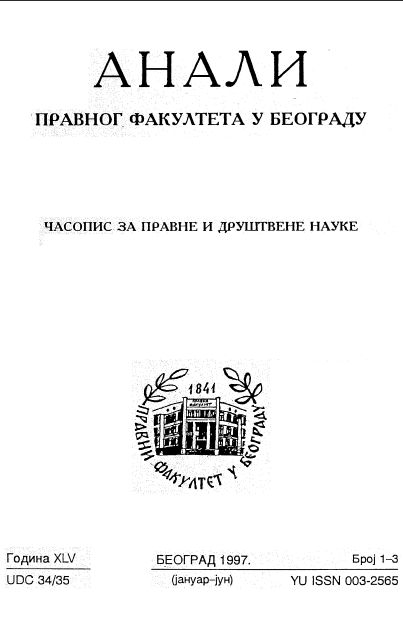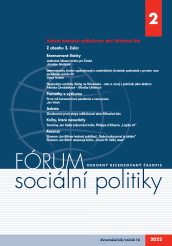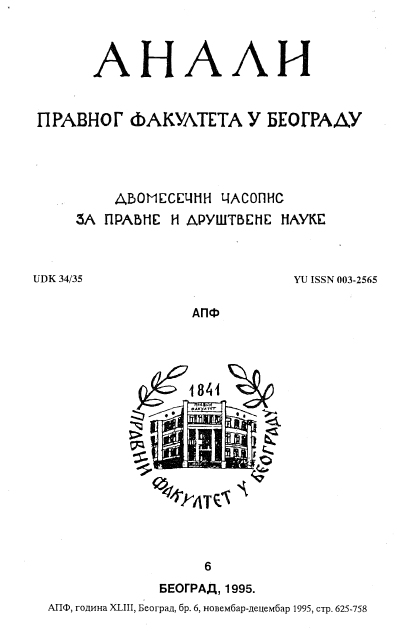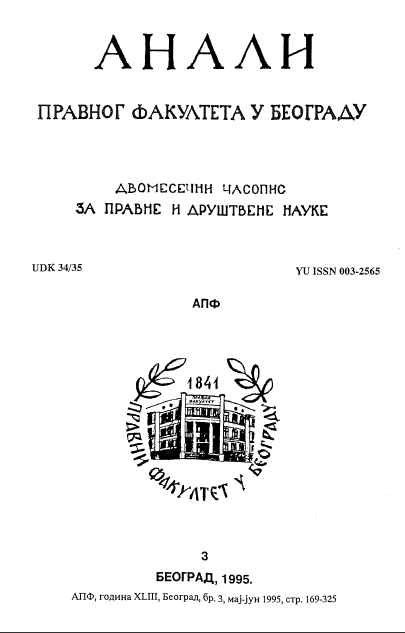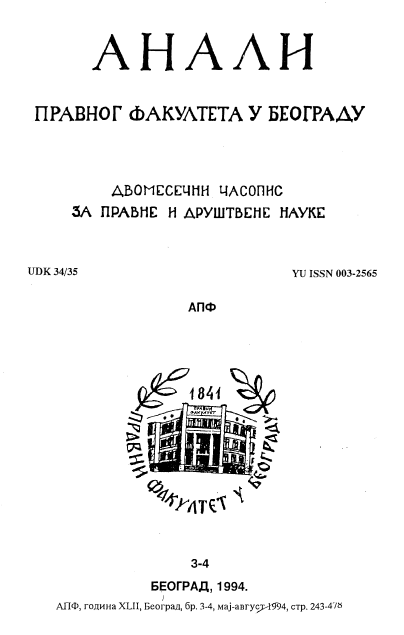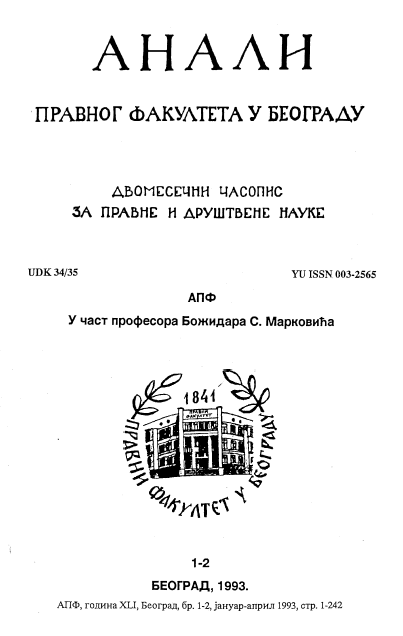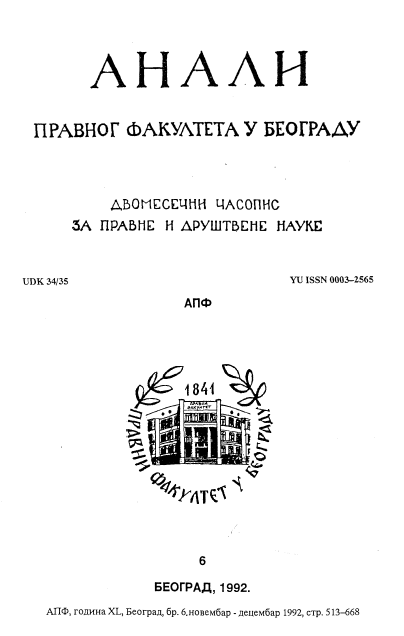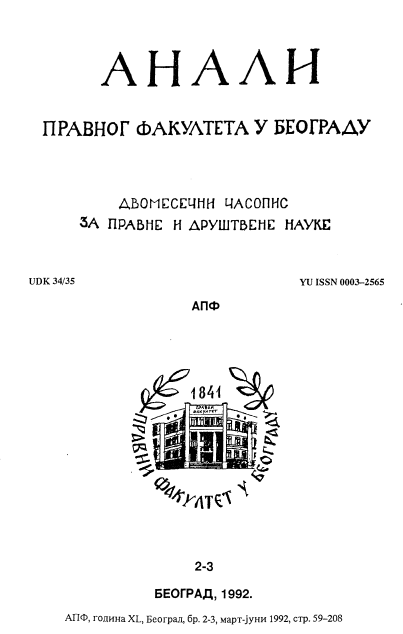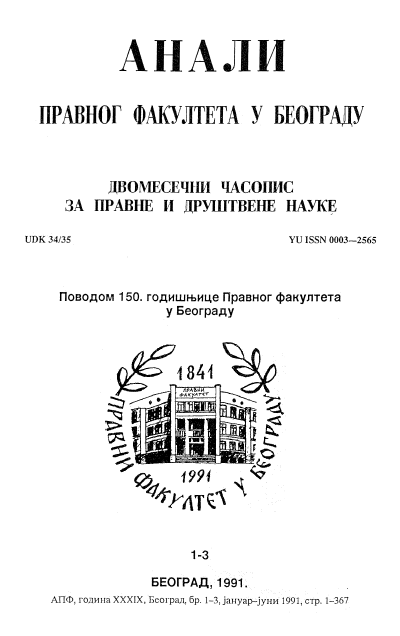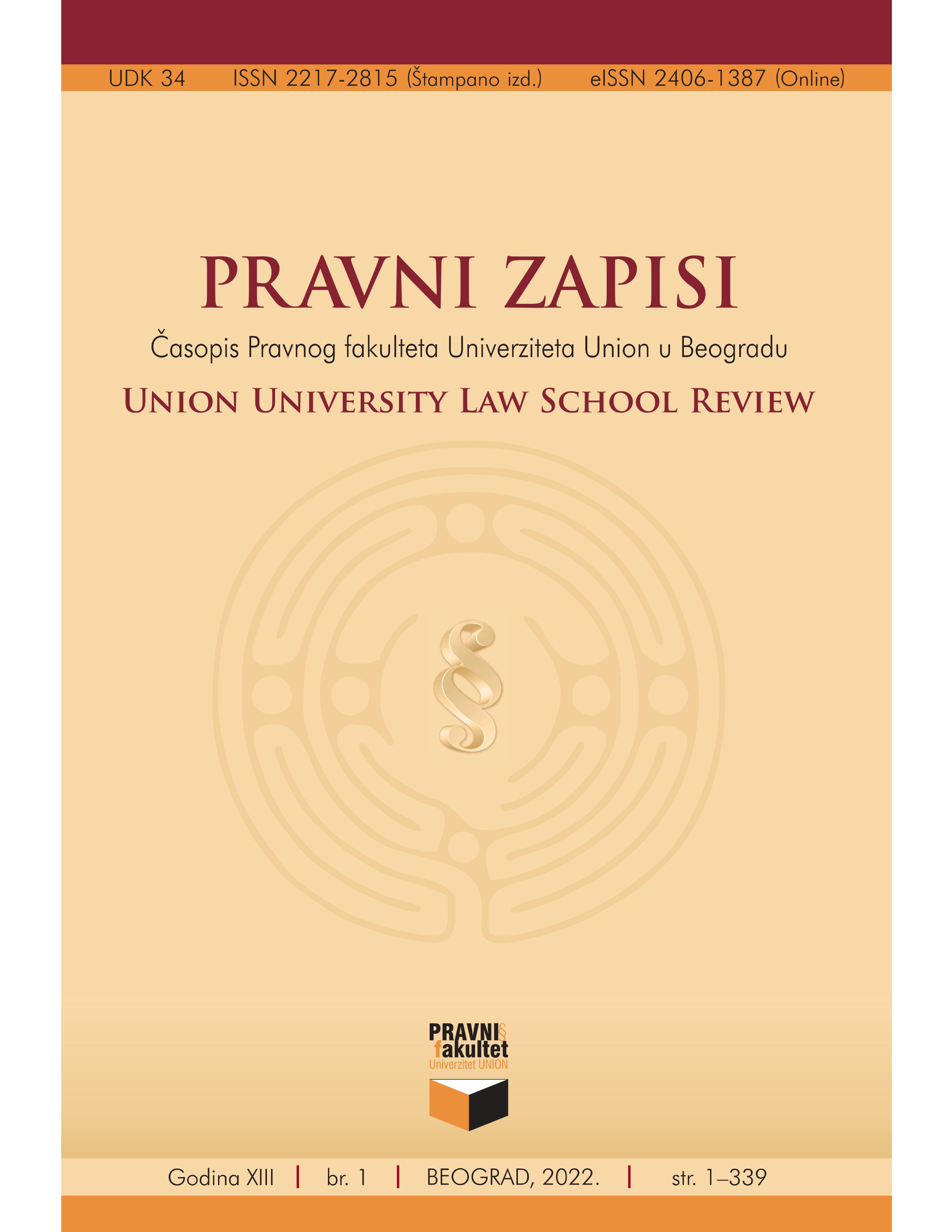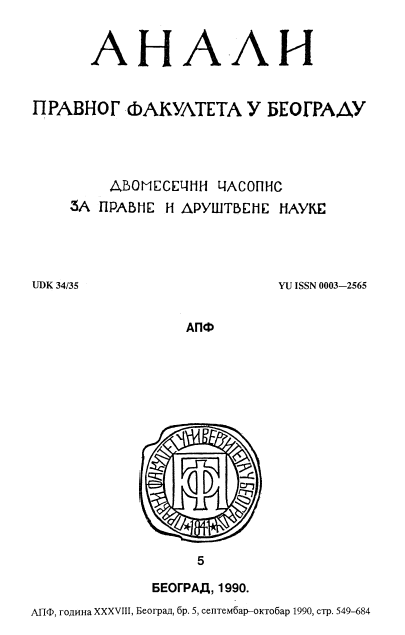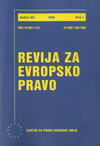Author(s): Pavla Aschermannová,Antonín Blažek,Radek Hábl,Ida Kaiserová,Stanislav Křeček,Robin Maialeh,Adam Rakovský,Martin Slaný,Linda Sokačová,Michal Šoltés,Martin Štika,Pavel Tintěra,Lucie Trlifajová,Alena Zieglerová / Language(s): Czech
Issue: 2/2022
The „Compassionate Summer“ scheme, which ran in the Czech Republic from 28 October 2021 to 28 January 2022 allowed for exemption from debt recovery proceedings for those who had incurred debts with public institutions (and certain private entities that voluntarily joined the scheme). The government of the Czech Republic is currently preparing the second and, supposedly, final stage of the scheme, which is due to run in the autumn of 2022. The Social Policy Forum journal presents a survey that has been designed to evaluate the first phase of the debt relief scheme, to formulate recommendations for its continuation and to position the issue in the broader social, economic and socio-political context. The editorial staff consulted a number of sociologists, economists, lawyers and other relevant actors when preparing the survey. We provide a total of 15 survey questions and plan to address this topic in future issues of the Social Policy Forum journal.
More...

